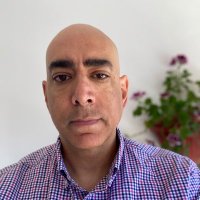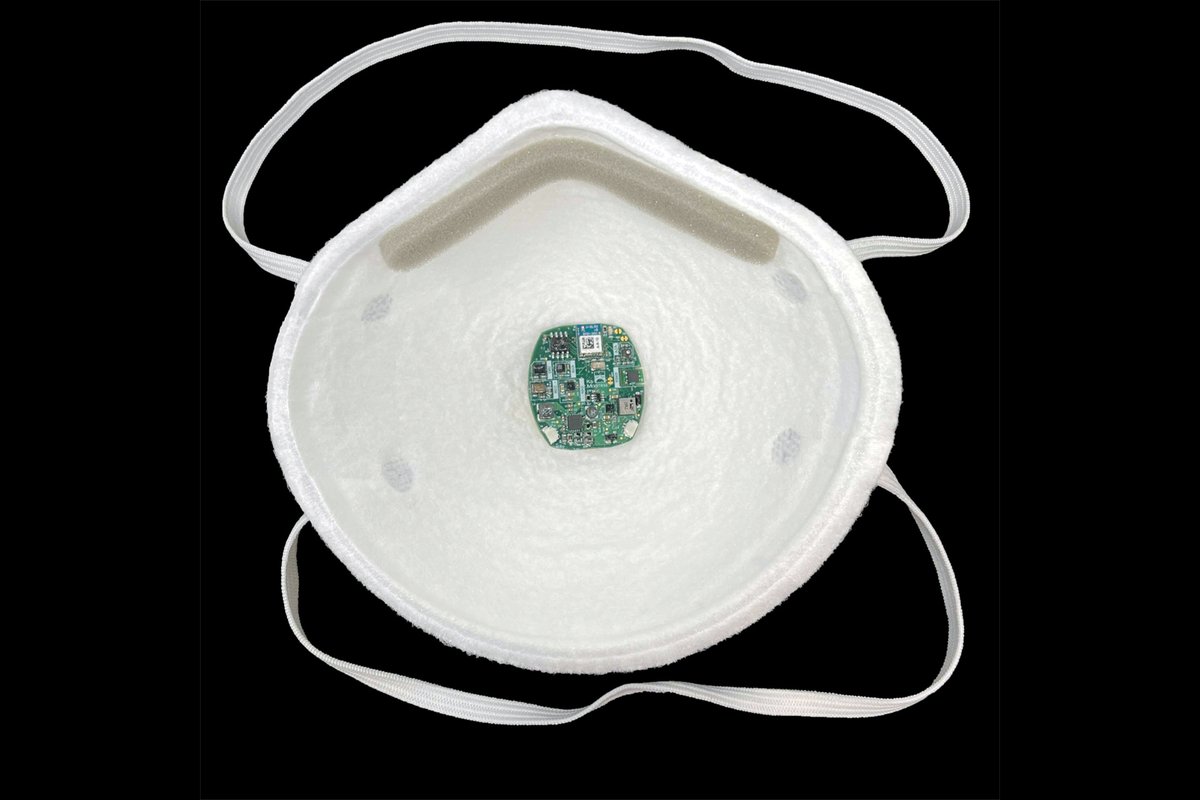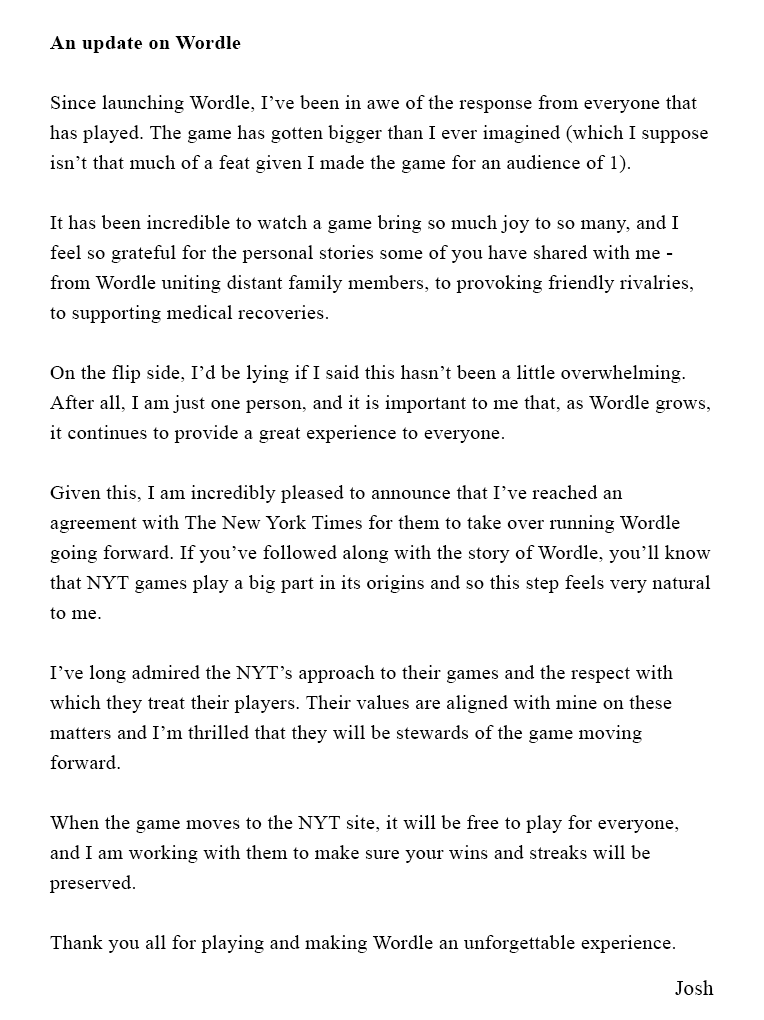
Saad Ahmed
@saadahmed819
Postdoctoral Scholar at @GeorgiaTech
Enabling The Internet of Batteryless Things
ID: 929638603327787008
https://www.saadahmedch.com/ 12-11-2017 09:14:49
17 Tweet
36 Followers
243 Following
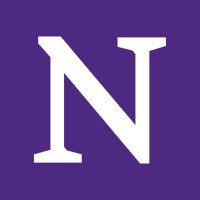

Awesome feature by Sophie Bushwick in Scientific American today about Northwestern professor Josiah Hester's new #FaceBit. It's a " #Fitbit for your face!" Josiah Hester scientificamerican.com/article/new-se…

My latest for @forbes: Researchers Have Innovated A Way To Digitize Masks-- paving the way for "Smart Masks" CC: Northwestern Engineering, Josiah Hester, 🌱 Nivedita Arora 🌎 Sustainable Computing, Yang Zhang et al, & many others that contributed to this incredible tech! forbes.com/sites/saibala/…


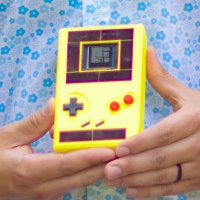
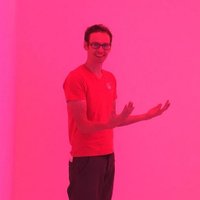

.Northwestern Engineering researchers have developed the first computer coding platform that enables kids to build & program sustainable, battery-free, energy-harvesting devices. Called Battery-free MakeCode, the new tool is based on Microsoft's Microsoft MakeCode: bit.ly/375hzes

Informed by his Native Hawaiian heritage, Josiah Hester develops battery-free devices with an eye towards sustainability. Indigenous grade-schoolers in Kāneʻohe, Hawaii, are now the first to learn the new platform as part of an U.S. National Science Foundation-supported pilot program. bit.ly/375hzes

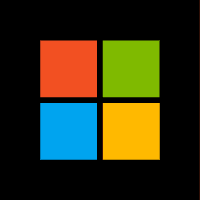
New research from Northwestern University is adapting Microsoft MakeCode to be battery-free. Explore how MakeCode, a joint project between Microsoft Research & Visual Studio, makes programming easier for all students to learn with visual, drag-and-drop blocks: msft.it/6001wqv55

Northwestern Northwestern Engineering Microsoft We 💜 Battery-Free MakeCode!


This #EarthDay we're celebrating sustainable coding with Battery-Free MakeCode! 🌎 Learn more about how Northwestern researchers are using MakeCode to program devices to powered by renewable energy sources. 🔋 msft.it/6011wAkFB


